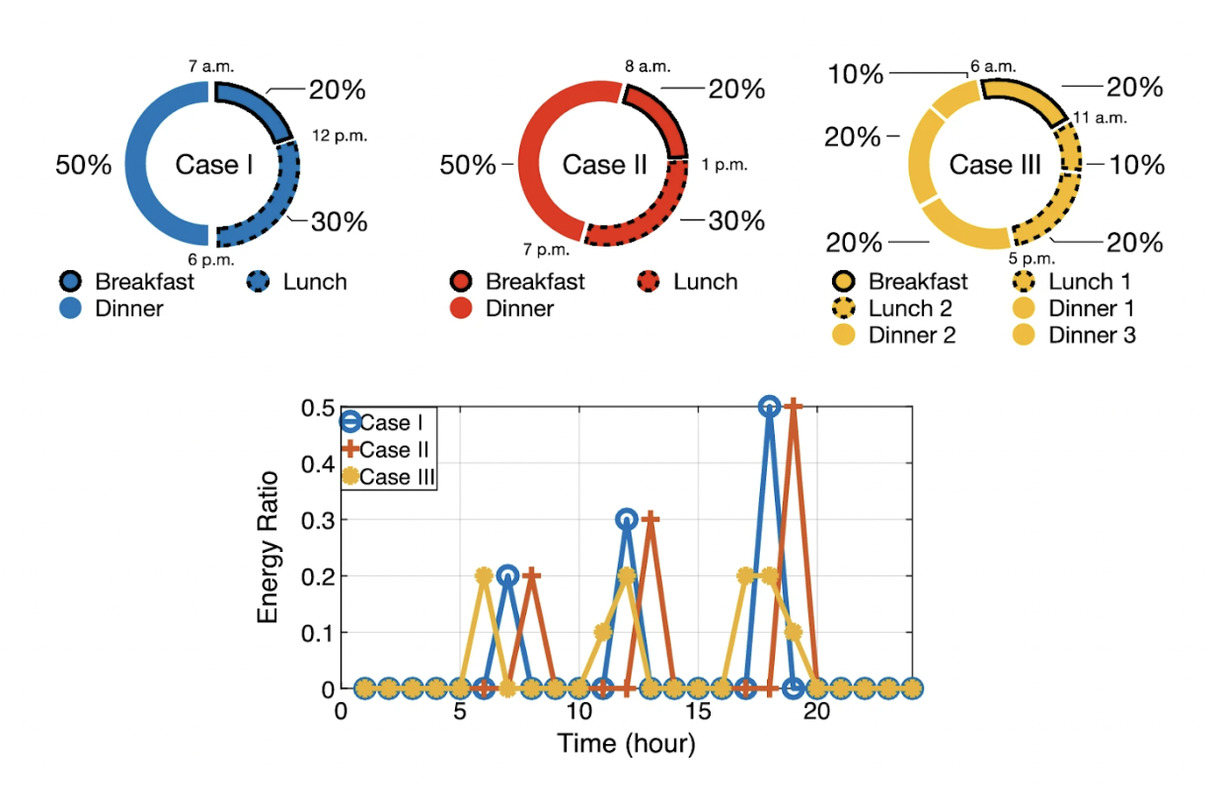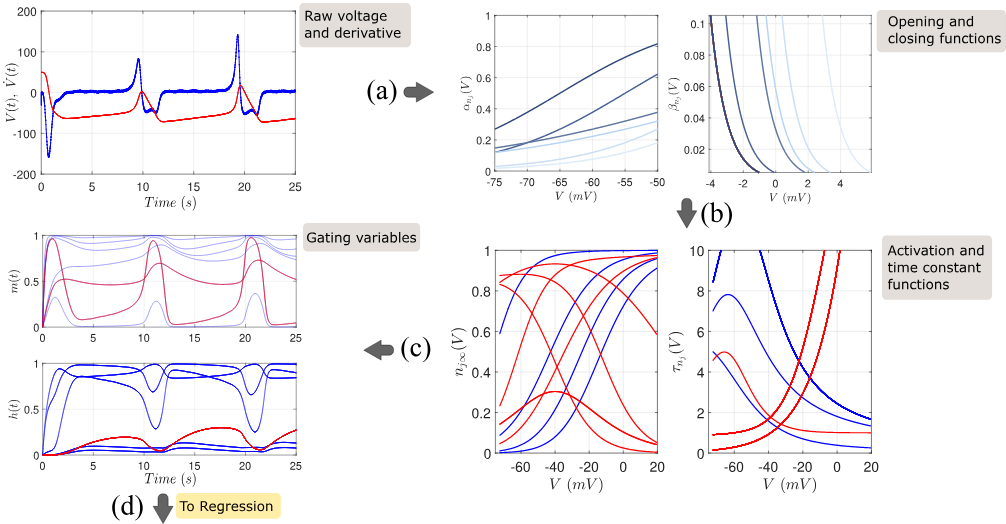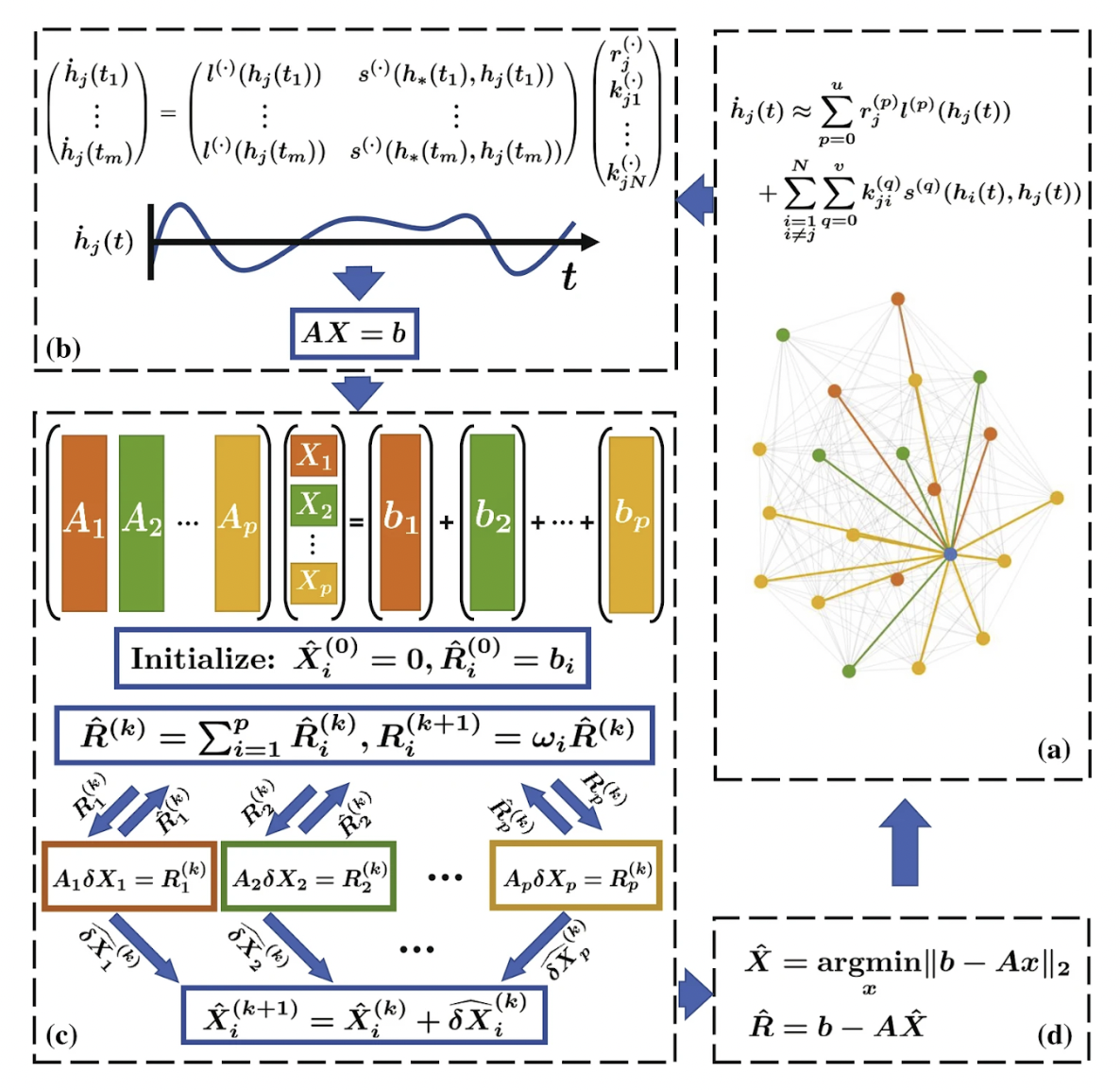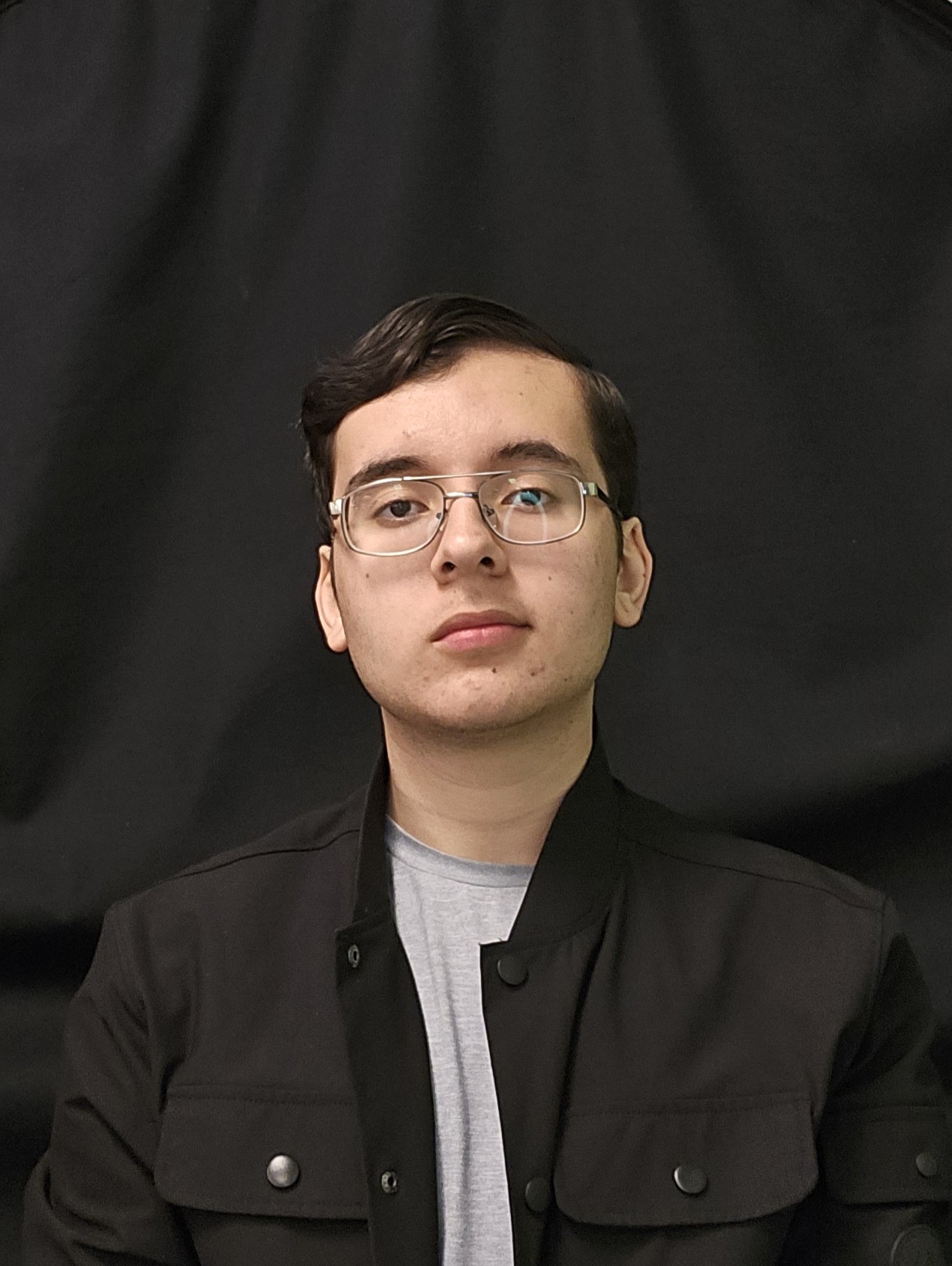Group Lead
I am an Assistant Professor in the Artificial Intelligence Institute (AII) and the Department of Computer Science and Engineering at the University of South Carolina (USC). I am also affiliated with the Carolina Autism and Neurodevelopment (CAN) research center. Before joining USC, I was a postdoctoral associate in the Department of Electrical and Systems Engineering at Washington University in St. Louis (WashU). My past affiliations are: 1. Applied Mathematics Lab @WashU; 2. Brain Dynamics and Control Research Group @WashU; and 3. Embedded Control Systems and Networking Laboratory @MST.

Vignesh Narayanan
Assistant Professor
AI Institute
Computer Science and Engineering
Carolina Autism and Neurodevelopment Research Center
University of South Carolina
vignar@sc.edu
Current Students
-->
Past Collaborators
- Peyton Tucker (B.S. Computer Science) - Ontology and knowledge graph for ICS (Summer 2021)
- Sai Teja Palladi (M.S. Computer Science) - Multi-agent modeling and support for ICS, Jointly advised by Prof. Biplav Srivastava (2022 - 23)
- Erik Connerty (B.S. Computer Science) - Multi-agent modeling and support for ICS (Fall 2022, Spring 2023)
- Austin Cappuccio (B.S. Computer Science) - Software development for ICS (Fall 2022, Spring 2023)
- Gavin Hewitt (B.S. Computer Science) - Multi-agent modeling and support for ICS (Fall 2023)
- Rae Jones (B.S. Computer Science) - Multi-agent modeling (Fall 2023-Spring 2025)
- Ayush Parambath (B.S. Computer Science) - Robotics, Vision (Fall 2024-Spring 2025)











